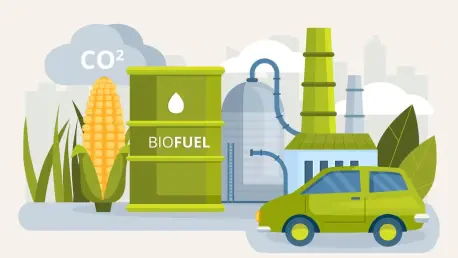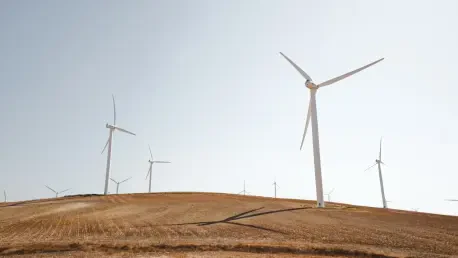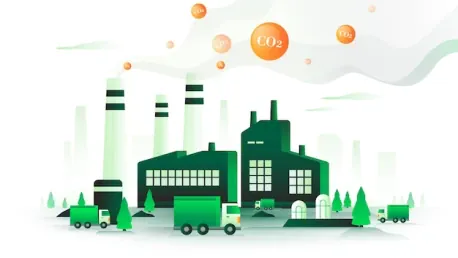

As global regulations intensify, the shipping industry faces increasing pressure to adopt alternative fuels and reduce its environmental impact. Liquefied Petroleum Gas (LPG) is gaining attention as a viable marine fuel, possessing numerous advantages that align with stringent emission reduction

In the world of energy and international collaboration, few individuals are as well-versed as Christopher Hailstone. With a rich background in energy management, renewable sources, and ensuring the reliability and security of electricity delivery, Christopher stands at the forefront of utilities

The Philippines is advancing its commitment to sustainable aviation through a national initiative to produce and use Sustainable Aviation Fuel (SAF) on a large scale. At the SAF Forum, the Department of Transportation (DOTr) pledged to decarbonize aviation, positioning the Philippines as a leader

Today, we interview Christopher Hailstone, an expert in energy management, renewable energy, and electricity delivery, providing valuable insights on grid reliability and security. As a trusted voice in the utilities sphere, Christopher brings a wealth of knowledge to the table as we discuss the

Oil prices saw a significant increase recently, reaching a two-week high driven by new U.S. sanctions targeting Chinese importers of Iranian oil. Brent crude futures climbed by $1.18, marking a 1.8% rise to $65.85 per barrel, while U.S. West Texas Intermediate crude advanced by $1.14 or 1.9% to

Wind energy has long been considered a crucial component of the transition to renewable energy sources, providing a cleaner alternative to fossil fuels and contributing to reduced greenhouse gas emissions. Despite its potential, wind farms have faced criticism for their perceived inefficiency and

The U.S. natural gas market has seen significant fluctuations, with futures prices dropping to a nine-week low driven by soaring production levels and shifting demand forecasts. This roundup brings insights from various industry experts, examining the factors behind these recent trends and their
Artificial intelligence (AI) and machine learning (ML) are becoming central to enhancing safety and efficiency in nuclear energy systems. By addressing the limitations of traditional monitoring methods, AI-driven virtual sensors offer a profound transformation in how nuclear reactors are managed.

Major corporations and government entities are making strides in sustainability and climate policies, unveiling new regulations and innovative energy solutions. Companies like Amazon, Google, and Microsoft are leading efforts with ambitious renewable energy targets and advanced clean electricity

The European wind industry’s recent proposal for a "New Offshore Wind Deal for Europe" has spurred conversations about the continent’s energy security, economic growth, and decarbonization efforts. This ambitious plan calls for European governments to auction at least 100 gigawatts (GW) of new
ITCurated uses cookies to personalize your experience on our website. By continuing to use this site, you agree to our Cookie Policy